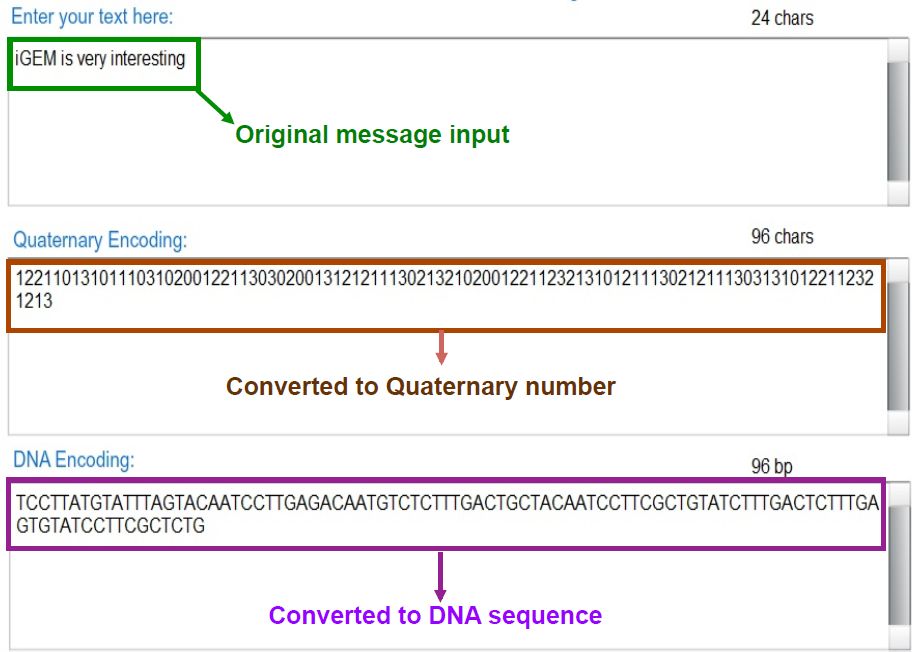DNA computing and storage has been on the horizon for most of this decade but never gone beyond the intellectual exercise stage. Storage limitations were far too small to merit applied science efforts so it was clever but that was the extent of it.
That may not be the situation for much longer. GenomeWeb reports that a research team from the Chinese University of Hong Kong has encrypted and stored a hefty 90GB of data in one gram of bacteria, creating what they are calling a "massively parallel bacterial storage system."
And, in case you are worried about someone hacking your bacteria and stealing those pictures of your cat, they have created an encryption module with the R64 Shufflon-Specific Recombinase. Next up, they want to encode images, music and movies and even place barcodes in synthetic organisms to distinguish them from natural ones.
PDF of their presentation on this living data storage system here.
